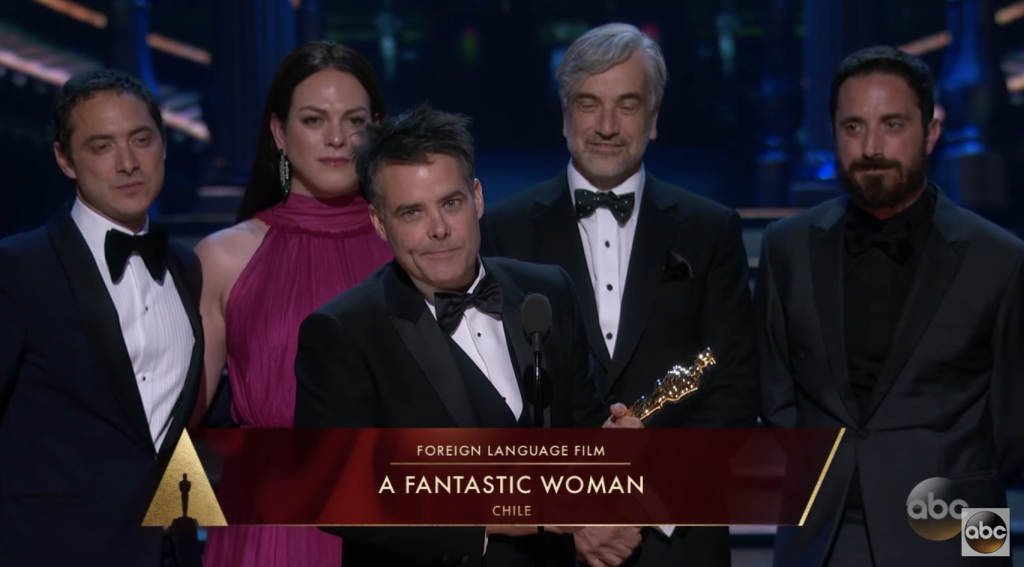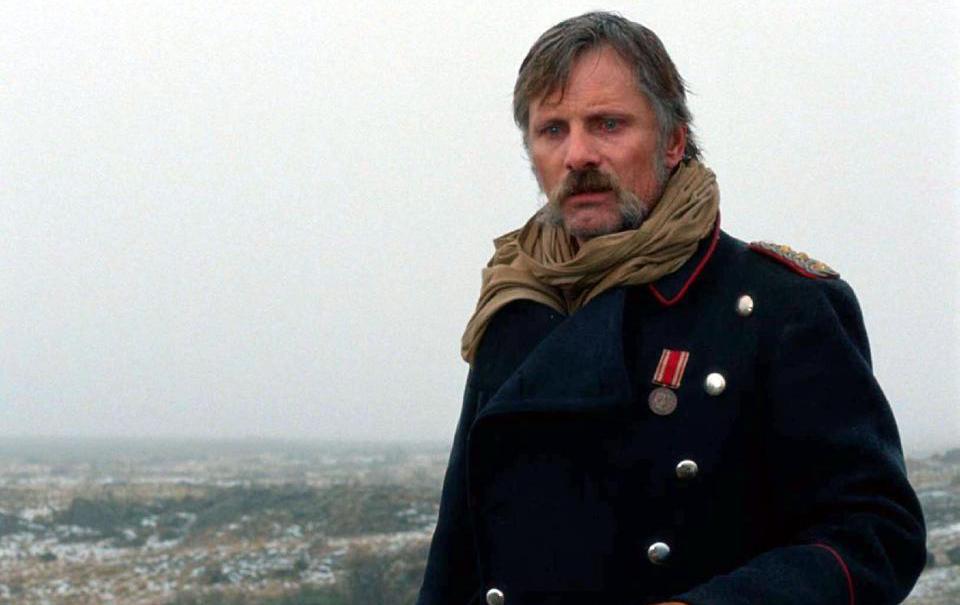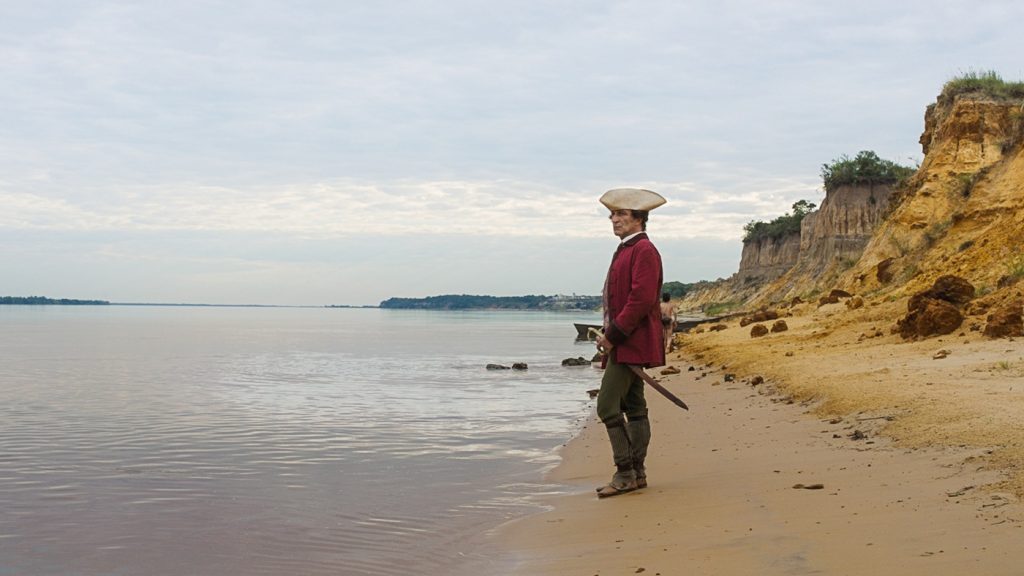 Last Sunday at the 90th Academy Awards A Fantastic Woman won the Best Foreign Language film category. Inevitably, the international attention or individual spotlight is drawn to Chilean cinema. Rightly so, since it offers a number of interesting aspects in its past history as much as in its more recent productions. By association, the aforementioned award also brings attention to what South American and Ibero American films have to contribute to the world. Specifically, one can hardly remain indifferent towards Argentina and its cinematic culture. This country is hailed as a cultural referent in this part of the world.
Last Sunday at the 90th Academy Awards A Fantastic Woman won the Best Foreign Language film category. Inevitably, the international attention or individual spotlight is drawn to Chilean cinema. Rightly so, since it offers a number of interesting aspects in its past history as much as in its more recent productions. By association, the aforementioned award also brings attention to what South American and Ibero American films have to contribute to the world. Specifically, one can hardly remain indifferent towards Argentina and its cinematic culture. This country is hailed as a cultural referent in this part of the world.

A Fantastic Woman’s director Sebastián Lelio was born in the Argentine city of Mendoza. This fact lead to some Argentine media to claim the prize as their own. Lelio recognizes himself to be ‘technically’ Chilean. And to clear any doubts he also admits having been raised in Chile. Trivial anecdotes aside, Argentine cinema sure has a lot to offer. In this context, for example, two Argentine productions have won the golden statue in the past. The first time was in 1985 for Luis Puenzo’s film The Official Story. And then in 2010 it was Juan José Campanella’s film The Secret in their Eyes. Both of them in the Best Foreign Language film category.

But there’s life beyond the Oscars. In Argentine cinema there are some gems worth to be mentioned. Gems that have refreshed contemporary cinema in recent years. Such is the case with director Lucrecia Martel and her latest work. Zama (2017) is her expected first movie in nine years and was co-produced by Pedro Almodovar’s production house El Deseo. There’s also Lisandro Alonso’s Jauja (2014), starring globetrotter actor Viggo Mortensen. These two movies are an ode to time and patience in a very notable way.

Their sensitive and careful shots are a reflection of the South American context. In each of these movies their protagonists find themselves within an absolutely delirious landscape. They are adrift amidst the convulsed colonial and post-colonial years the continent went through. Zama (2017) and Jauja (2014) represent a particular Argentine cinema. An invitation to a contemporary and quite psychedelic double feature
- Watch: Sebastian Lelio Oscars Acceptance Speech



























Leave a Comment